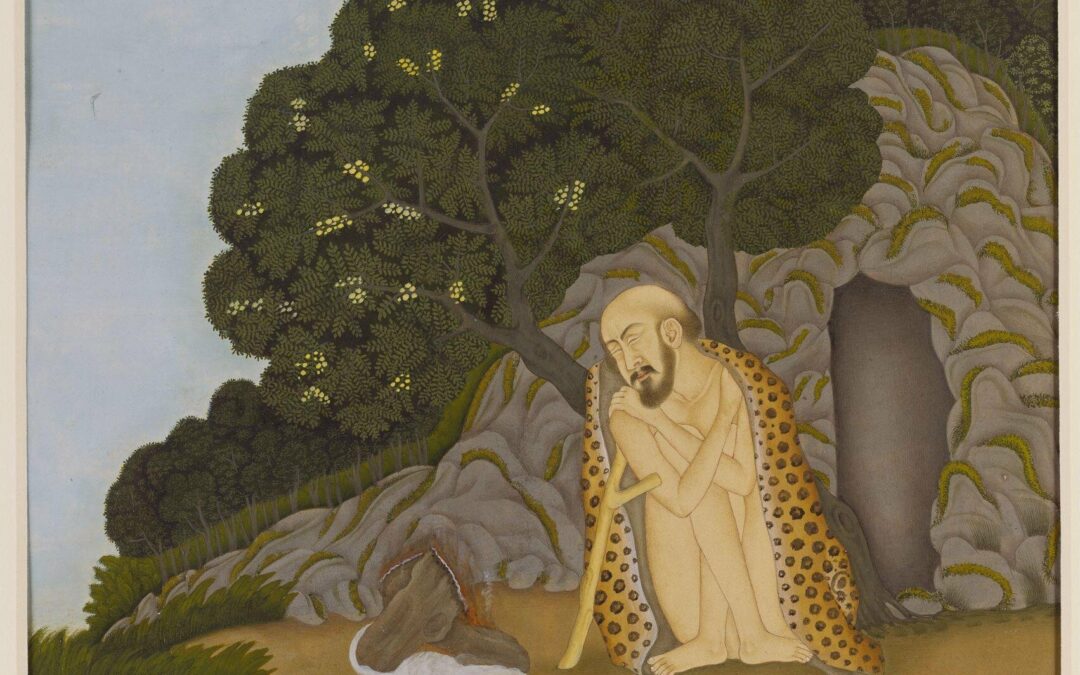The concept of sukha in the ascetic traditions of Ancient India
The ascetic traditions of Ancient India aim to overcome duḥkha (suffering), and they often claim that it is not possible to obtain true or permanent sukha (happiness, pleasure, bliss) in this life. Nevertheless, ascetic literature in Ancient India, as found in the Mahābhārata and early Buddhist and Jaina sources, abounds in positive discussions of sukha. The interest in the concept of sukha and especially in creating hierarchies of different kinds of sukha is highlighted by the usage of various compounds that end in –sukha, such as mokṣasukha, nirvāṇasukha, dhyānasukha, buddhisukha, bodhisukha, saṃtoṣasukha, svargasukha, kāmasukha, and so forth.
This talk will investigate the concept of sukha in the ascetic literature of Ancient India. It will argue that sukha is a key concept in religious rhetoric, creating boundaries between different religious traditions as well as situating the renouncer vis-à-vis the householder. The ascetic poetry of Ancient India often creates hierarchies of sukha and offers some special kind of ascetic sukha that is superior to ordinary happiness or pleasure. Finally, a note will be made on the treatment of this ascetic heritage in the Pātañjalayogaśāstra, which offers a tripartite hierarchy of sukha.
- Organisers : Émilie Aussant (USN) and Vincent Eltschinger (EPHE-PSL)
- Guest : Valters Negribs, Winner of the 2023 Colette Caillat Foundation Scholarship
- Date and time : Wednesday 29 November 2023, 12.00-14.00
- Venue and room : Campus Nation, room C 434; 8 avenue de Saint-Mandé, 75 012 Paris
About our guest

Valters NEGRIBS
Valters Negribs studied Study of Religions and Social Anthropology (BA) and Traditions of Yoga and Meditation (MA) at SOAS, University of London before obtaining a DPhil in Oriental Studies at Wolfson College, University of Oxford.
Valters joined GREI in January 2023 with a Leverhulme Study Abroad Studentship (postdoctoral), working on his project “Ascetic literature in early Hindu, Buddhist, and Jaina traditions”. The research project seeks to understand aspects of early Hindu, Buddhist and Jaina traditions as aspects of a shared ascetic culture, focusing on shared terms, narratives, and ideals.

